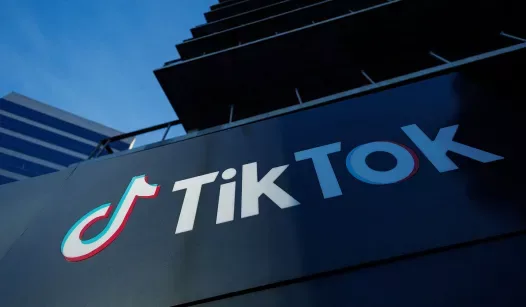The issue surrounding TikTok has reached a critical juncture, as Congress grapples with the enforcement of its own legislation. The law is explicit in its requirements: ByteDance, the parent company of TikTok, must divest its ownership of the platform. Yet, despite this clear directive, the current administration appears to be sidestepping the law, raising questions about accountability and national security.
In recent years, TikTok has become a cultural phenomenon, especially among younger audiences. However, concerns about data privacy and potential foreign influence have prompted lawmakers to take action. The bipartisan consensus in Congress underscores the urgency of addressing these issues, as TikTok’s immense popularity continues to grow.
The law mandating ByteDance’s divestiture from TikTok was enacted to protect American users from potential data exploitation. Lawmakers argue that the app’s ties to the Chinese government pose a significant risk, as user data could be accessed by foreign entities. The security implications are profound, especially in a climate where cyber threats are increasingly prevalent.
Despite the clear legal framework, the Biden administration has yet to enforce this law decisively. This inaction has sparked frustration among legislators who believe that the safety of American citizens should take precedence over corporate interests. As calls for accountability intensify, Congress must step up and insist on the enforcement of its own laws.
The implications of not enforcing the TikTok law extend beyond data privacy. They signal a troubling precedent in which executive power can override legislative intent. This situation not only undermines the rule of law but also erodes public trust in government institutions. Citizens expect their representatives to uphold the law and protect their interests, and any failure to do so can lead to disillusionment with the political process.
Moreover, the ongoing debate over TikTok reflects broader issues related to technology regulation and corporate governance. As social media platforms continue to evolve, lawmakers face the challenge of balancing innovation with the need for robust oversight. The TikTok situation serves as a case study in the complexities of regulating technology in a rapidly changing landscape.
To move forward, Congress must take a proactive stance. This involves not only enforcing the existing law but also engaging in a broader dialogue about the future of technology regulation. Policymakers should consider establishing clear guidelines for how tech companies handle user data, ensuring that privacy protections are built into the fabric of these platforms.
Furthermore, the conversation around TikTok should extend to include other social media applications that may pose similar risks. A comprehensive approach to technology regulation will help safeguard American users while fostering an environment of innovation and growth.
In conclusion, the time has come for Congress to insist upon the enforcement of its TikTok law. The stakes are high, and the responsibility lies with our elected officials to prioritize the safety and privacy of American citizens. By taking decisive action, Congress can reaffirm its commitment to the rule of law and set a precedent for future technology regulation. The American public deserves nothing less than a government that stands firm in protecting their interests.
